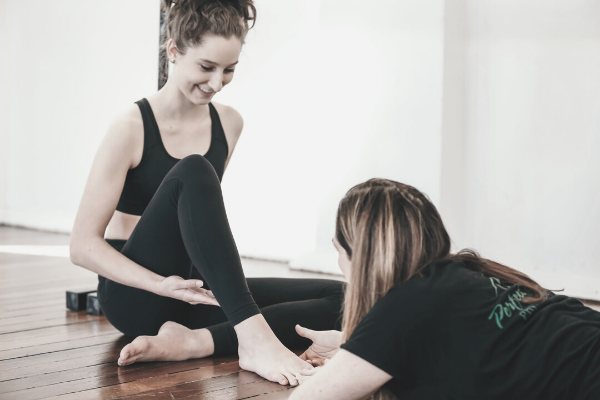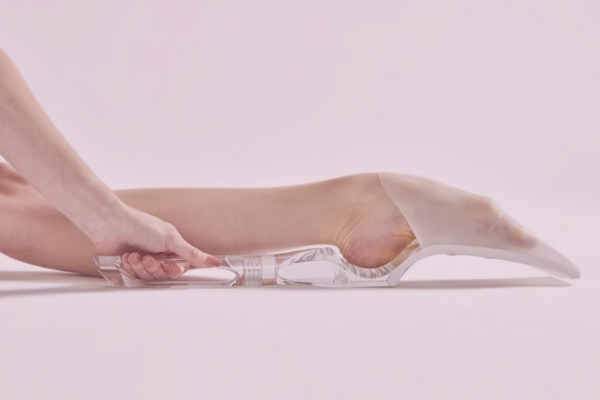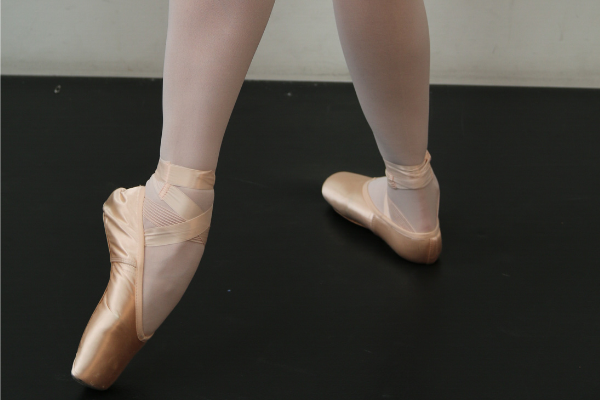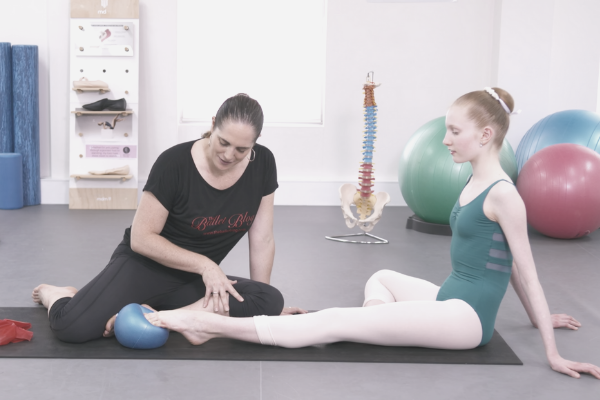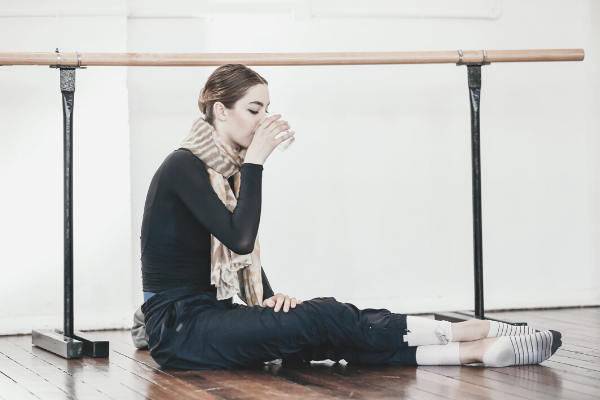How certain Drugs can affect your Achilles Tendon
Today’s post is from a concerned dance teacher in response to our previous post on Tight Calves, however, her issue is a little different. Did you know that certain drugs can affect your Achilles Tendon and predispose it to injury? While this is a reasonably rare side effect, it is not limited to the drug that she was prescribed, so please always fully research any medication that you are prescribed for side effects such as this!
Dear Lisa –
Thanks for the info about tight calves. My case is not quite the same thing, and I am eager to learn what you know about this. I have had several courses of the antibiotic Levaquin, for some serious bronchitis issues, most recently about a year ago. I did not know at the beginning what Levaquin and its cousins like Cipro can do to the Achilles tendon.
I have been noticing over the last several months that my left Achilles is sore. Ordinarily, I would have, like any dancer worth her salt, discounted this, watched and waited, continued my regular exercise program, including various kinds of calf stretches, to see if it gets better or worse. Anybody can get a temporarily sore Achilles, right, for no serious reason? But Levaquin injuries often result in sudden ruptures of the tendon, and other sorts of disabilities.

Now I worry, as this is not getting better and sometimes is worse if I have to be on my feet a lot. I strongly suspect Levaquin. There is no info out there about this injury, nature of it, or any treatment for it. One website I read advised to stay in bed for 6 weeks and do not exercise the calf!!!
Any knowledge or opinions you may have on this would be much appreciated.
And thank you again for your wonderful service to the dance community. I send all my students to you.
All best wishes,
B
Hi B!
Thanks for reaching out to me with this, and yes, this is a tricky situation. It is very important to research any medication extensively before taking it, even when prescribed by your doctor. There are many side effects that do not come up in the initial testing of medications, which then surface after the drug has been in clinical practice for some time. Levaquin seems to be one of these, with quite a lot of information online about the risk of tendon injury due to this group of Fluoroquinolones.
Please remember that I am not a Pharmacist or Medical Doctor, and any questions about the effects of this drug should be directed to them. However, I will help you as much as I can in order to work with the symptoms that you have and to avoid any further tendon injury. (As a side note I did check with my sister who is a Pharmacist in NZ and they do not use this drug at all…)
From your letter I am assuming that you are no longer taking the medication which is great, and one year after, I would hope that your system has eliminated most of it, however, it sounds like there is a significant risk of tendon injury with this group of medications.
The important thing to remember is that tendon injuries do not just occur for no particular reason. Even if the drug reaction has predisposed you to have a tendon injury, there does need to be some kind of loading or reduced blood flow to the tendon that would cause the tendon injury.
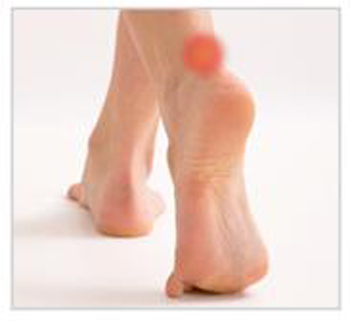
In the past, it was thought that tendon injuries were due to “Tendonitis” i.e. Inflammation of the tendon, however, more recent research, especially in regards to the Achilles Tendon indicates that it more degeneration, rather than inflammation that is the issue. This means that the traditional approach that most people take of icing the tendon and stretching it, is not the best form of treatment and can actually damage the tendon or delay healing.
In any form of degeneration, our highest priority is making sure that there is a good blood supply to the tendon, so I advocate contrast bathing instead of pure ice. To do this, alternate your ice bath with a warm – hot water bath, to bring fresh blood into the area, staying for about 1 minute in each bath. Continue alternating hot and cold as this helps dilate, and then constrict the blood vessels, flushing the area with new blood. This can really increase the rate of healing.
Also, avoid long slow static stretches, as again, this compromises the vascularity (blood supply) of the tendon. Gentle eccentric strengthening (lowering slowly against resistance) has been shown to help aid healing, by lining up all of the injured fivers in the right alignment and to stimulate healing.
I highly suggest that you look into our Achilles Tendinopathy Injury Report, or if you have the Advanced Foot Control Manual – log into the members area to download your free report. This has so much information about working with the achilles and ways to build back into class after injury.
In your situation, I would definitely recommend a session with a Physiotherapist who specialises in working with Dancers if all all possible to identify and correct any other contributing factors that may have lead to the tendon becoming painful. You will need to assess all components of your foot control and technique and correct any weaknesses that could be contributing to this pain before building back into class.This can be anything from weakness in your deep core and hip muscles, to footwear choices and how you walk. They should be able to guide you through a comprehensive rehab program similar to the Will I Ever Dance Again? program which will help you not only recover from the injury, but prevent it from happening again.
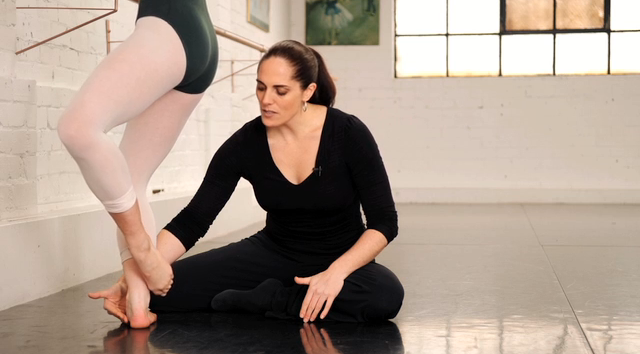
So, despite your history with taking this medication, I would put all focuses on getting your tendons as healthy as they can be (including looking at your diet) and I would definitely not recommend 6 weeks in bed! The tendon would be so weak after this amount of time that I would suspect that the risk of rupture would increase!
I hope this helps you think about it in a different way, and that you can build back to your normal workload as soon as possible!
Warmest regards,
Lisa
Injury & Foot Resources
If you are looking to delve deeper into this topic, check out the following programs:
- Will I Ever Dance Again: The “Will I Ever Dance Again?” program is perfect if you are unable to train at full capacity, whether this is due to a foot injury, surgery, an accident or illness outside of the studio. It helps you build back to full capacity gradually, while maintaining strength, flexibility and control in the rest of the body.
- Level One Dance Teacher and Therapist Training: This unique course covers a multitude of assessment and treatment techniques to individualise a dancer's training. With special focuses on Postural Control, Core Stability, Flexibility, Basic Classical Technique, The Dancers Hip, Allegro, Spinal Mobility and Arabesques, it is suitable for anyone working closely with dancers.



